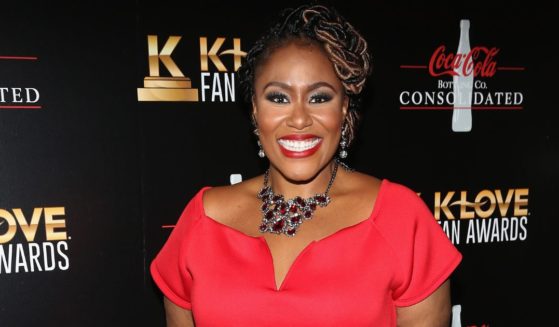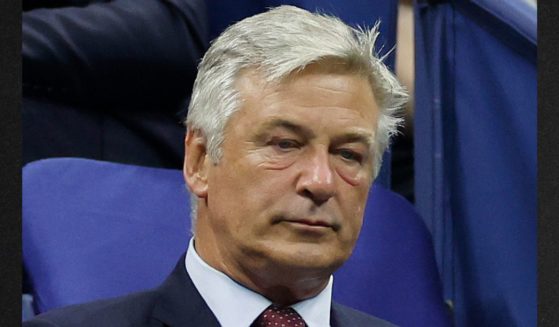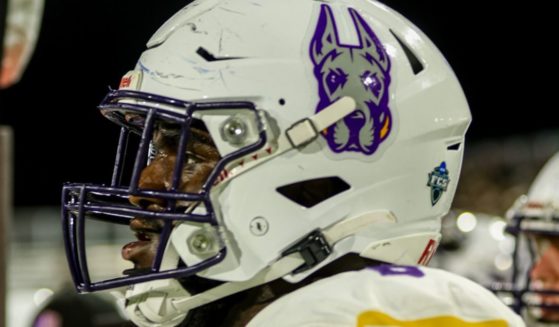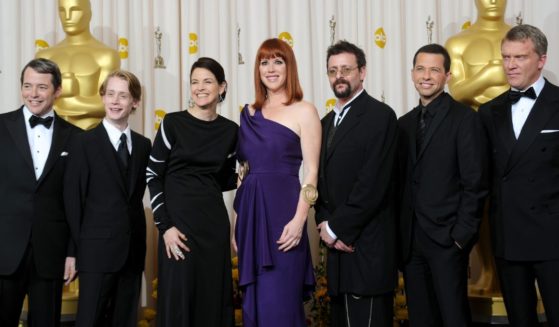Calls Grow for MLB Commissioner To Get Rid of Surveillance Cameras
Under normal circumstances in today’s America, surveillance cameras are a good thing. When they’re being used to deter a thief from a retail business or stop drug and prostitution crime on street corners in bad neighborhoods, they can be said to be a modern marvel.
One place, however, where security cameras are wholly unwelcome is a baseball park when the area under surveillance is the field of play during a game.
According to Sports Illustrated, the camera arms race, in which some teams have as many as six cameras with magnification levels so high you can practically see each individual fiber on the stitches of the baseball, is driven by something as old as baseball itself: stealing signs.
As SI put it, “Most teams train their cameras on the catcher, the pitcher (from several angles), the third base coach and the dugout.”
And in a sport saturated with them, one more analytical tool means one more potential edge to be gained entirely divorced from the spirit of athletic competition.
“We’ve reached a point,” one club executive said, “where the attractiveness of the sport as an entertainment option has been lost in the quest to find every incremental edge. And video has changed things rapidly. I’m increasingly thinking something has to be done.”
Even with the bases empty, catchers have to go through an elaborate ritual of giving multiple signs; it’s more like a spy movie than a ballgame.
It has gotten so ridiculous that calls are coming from all sides to MLB Commissioner Rob Manfred’s office to ban the use of surveillance cameras altogether.
“I’m all for that,” one big league manager told SI. “The big market teams have an advantage there. Now everybody is suspicious — and teams are suspicious because they’re pulling the same tricks they’re worried about the other guy pulling.”
If this sounds like a problem with a simple solution, you’re probably a football fan; the NFL brought down its wrath upon the New England Patriots for doing exactly this sort of thing with cameras, and the media even dubbed the whole sordid episode “Spygate.”
Meanwhile, all this analysis and cloak-and-dagger just adds to the amount of time between pitches, and that means ever longer, interminable, boring slogs for the fans just to watch a ballgame.
Short of an NBA-esque shot clock that is actually enforced and the banning of timeouts called by hitters in the middle of an at-bat, pace of play will always be slowed down by this kind of war room thinking before every pitch.
The game itself has entered a golden age for pitching not seen since the days when Bob Gibson may as well have been throwing watermelon seeds for hitters to try and put a bat on 50 years ago when he posted a 1.12 ERA.
Pitchers are throwing harder and hitting is getting worse — during the postseason, the league batting average was a pathetic .218.
Strikeouts happen so often that there were about five strikeouts for every four hits in the playoffs and a 1:1 ratio in the regular season.
And the average game time, aided by that 18-inning marathon in Game 3 of the World Series, was 3:47, compared with 3:04 in the regular season, an extreme ask of audience attention when hockey and basketball easily fit their action into a two-and-a-half hour time slot and even those sports complain internally that they need to pick up the pace.
One pitcher who is unrepentant about taking longer to deliver a pitch than it takes to drive a mile in rush hour traffic in his city? The Red Sox’s David Price.
“You’re taught ever since you were a little kid to be able to slow the game down and now baseball wants to speed it up,” he said after World Series Game 2. “I don’t care. I’m taking my time. I know I’m slow.”
Meanwhile, in a World Series where two big-market teams played, ratings were down 23 percent year over year.
Something needs to be done, and getting rid of Legalized Spygate would be a nice first step.
Truth and Accuracy
We are committed to truth and accuracy in all of our journalism. Read our editorial standards.











